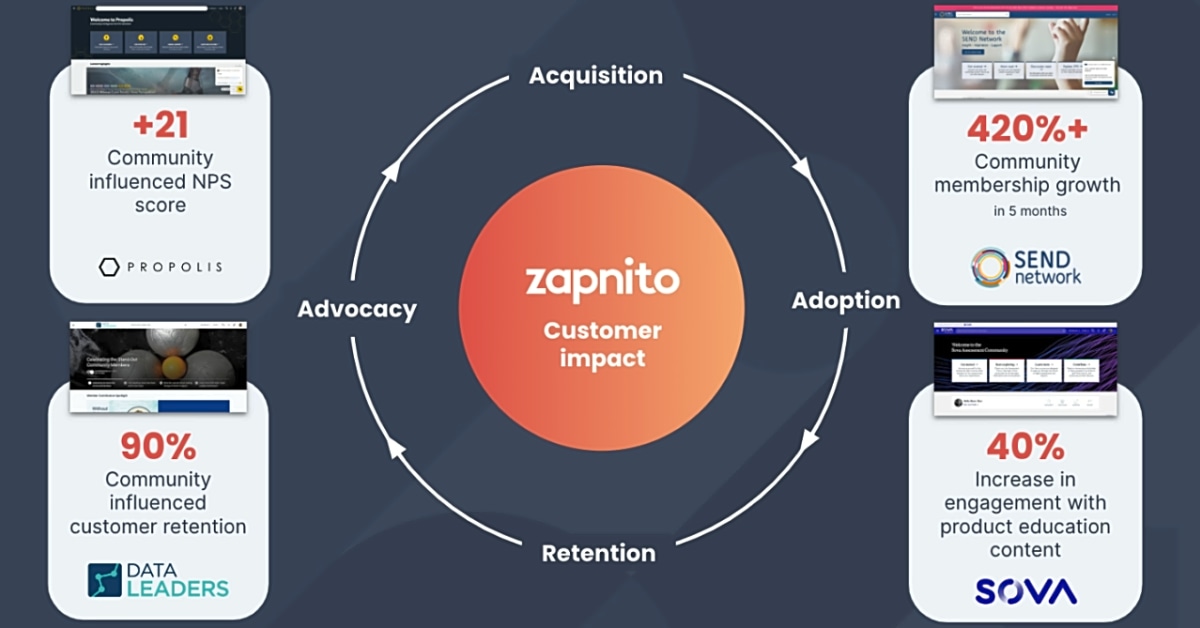Diversifying your business by entering new industries or sectors can be a powerful growth strategy. It allows you to tap into new markets, reach new customers, and expand your revenue streams. But, it’s not as simple as just jumping into a new industry or sector. There are many factors to consider and steps to take in order to successfully enter and thrive in a new market. In this article, we will discuss the best practices for entering new industries and sectors, as well as the potential challenges and benefits. Whether you’re a small business looking to grow or an established company seeking to diversify, this article will provide valuable insights and strategies for achieving business growth through industry or sector expansion. So, let’s dive in and learn how to effectively enter new industries and sectors for business growth.In today’s competitive business landscape, it’s important for companies to constantly evolve and find new ways to grow. One way to do this is by entering new industries or sectors. This can be a daunting task, but with the right approach and guidance, it can lead to significant growth opportunities for your business. First and foremost, it’s important to understand the main reasons for entering new industries or sectors. People searching for a business consultant are likely looking for assistance with their business operations and growth. This includes services such as management consulting, marketing consulting, financial consulting, strategic planning, and improving organizational effectiveness. These are all key areas where entering new industries or sectors can provide valuable insights and strategies for business growth. By entering new industries or sectors, businesses can expand their customer base, increase revenue streams, and diversify their product or service offerings. This can help them stay competitive in the market and adapt to changing consumer needs and preferences. Additionally, entering new industries or sectors can also present opportunities for partnerships and collaborations with other businesses in the same industry or sector. This can lead to shared resources, knowledge sharing, and overall growth for all parties involved. Another reason for entering new industries or sectors is to mitigate risks and reduce dependence on a single market or industry. In times of economic downturns or shifts in consumer behavior, businesses that are solely focused on one industry may struggle to survive. By diversifying into other industries or sectors, businesses can protect themselves from potential losses and maintain steady growth. However, entering new industries or sectors should not be taken lightly. It requires thorough research, analysis, and a well-developed strategy. This is where management consulting and strategic planning come into play. These services can provide businesses with market insights, competitive analysis, and a roadmap for success in their new ventures. They can also assist with identifying potential challenges and developing contingency plans to mitigate risks. Furthermore, marketing consulting can help businesses effectively position themselves in the new industry or sector and reach their target audience. Financial consulting can also aid in budgeting, forecasting, and managing cash flow during the transition period. Finally, improving organizational effectiveness is crucial for successfully entering new industries or sectors. This involves aligning the company’s culture, structure, and processes with the new industry or sector to ensure a smooth and efficient integration. In conclusion, entering new industries or sectors can be a beneficial growth strategy for businesses. It presents opportunities for expansion, partnerships, risk mitigation, and overall diversification. However, it requires careful planning, expert guidance, and effective execution. By utilizing services such as management consulting, marketing consulting, financial consulting, and strategic planning, businesses can increase their chances of success in entering new industries or sectors.
Identifying Growth Opportunities
Before entering a new industry or sector, it’s crucial to identify potential growth opportunities that align with your company’s goals and strengths. This could involve conducting market research, analyzing industry trends, and identifying target audiences.
Developing an Entry Strategy
Once you have identified growth opportunities and assessed the risks, it’s time to develop an entry strategy. This could involve partnering with an established company in the industry, acquiring a smaller company in the sector, or developing a new product or service specifically for the new market.
Assessing Risks and Challenges
When it comes to entering new industries or sectors, the potential for growth and success is exciting. However, it’s important to also consider the risks and challenges that come along with this decision.
One of the main risks is the possibility of facing competition from established companies in the industry. This means that you will need to have a strong understanding of your target market, their needs, and how you can differentiate yourself from competitors.
Another challenge to consider is the potential financial investment required to enter a new industry or sector. This could include costs for research and development, marketing, and hiring new employees with specific expertise.
To mitigate these risks and challenges, it’s crucial to thoroughly assess them before making any decisions. This includes conducting market research, identifying potential obstacles, and developing a solid plan to overcome them.
Additionally, seeking guidance from management consulting firms or utilizing strategic planning tools can help you navigate the potential risks and challenges more effectively.
Building Relationships
Entering a new industry or sector also means building new relationships. This could include networking with industry leaders, attending conferences and events, and collaborating with other businesses in the sector. Building strong relationships is essential for success in any new industry or sector, as it allows you to establish yourself as a credible and trustworthy player in the market.
One way to start building relationships in a new industry or sector is by attending industry events and conferences. This will give you the opportunity to meet and network with key players in the industry, such as potential clients, partners, and suppliers. It also allows you to stay updated on the latest trends and developments in the sector, which can help you make more informed business decisions.
Another important aspect of building relationships is collaborating with other businesses in the sector. This can include partnerships, joint ventures, or even mergers and acquisitions. By working together, you can leverage each other’s strengths and resources to create mutually beneficial opportunities for growth.
In addition to external relationships, it’s also important to build strong internal relationships within your own team. When entering a new industry or sector, your team will need to adapt and learn new skills. By fostering a supportive and collaborative environment, you can ensure that everyone is on the same page and working towards the same goals.
Staying Flexible
Entering a new industry or sector is an exciting opportunity for business growth, but it’s important to remember that it’s not a one-time event. In today’s fast-paced business world, industries and markets are constantly changing and evolving. This means that in order to stay competitive, businesses must also be adaptable and flexible.
One of the key ways to stay flexible when entering a new industry or sector is to keep an open mind. This means being willing to learn and adapt to the new market and its unique challenges and opportunities. It’s essential to be open to new ideas and strategies, and not be afraid to pivot your approach if necessary.
Another important aspect of staying flexible is conducting regular assessments and evaluations. As your business enters a new industry or sector, it’s crucial to regularly review and analyze your progress. This will help you identify any areas that may need improvement or adjustments in order to stay competitive.
Additionally, staying flexible also means being prepared for unexpected changes or challenges. While you may have a solid strategy in place, the market can shift at any moment. It’s important to have contingency plans and be ready to adapt quickly in order to stay ahead of the competition.
In conclusion, entering a new industry or sector requires not only strategic planning and management consulting, but also a mindset of flexibility and adaptability. By keeping an open mind, regularly assessing your progress, and being prepared for change, you can position your business for success in the new market.
Entering new industries or sectors can be a challenging but rewarding endeavor for businesses. By identifying growth opportunities, assessing risks, developing an entry strategy, building relationships, and staying flexible, companies can successfully enter new markets and drive business growth.


